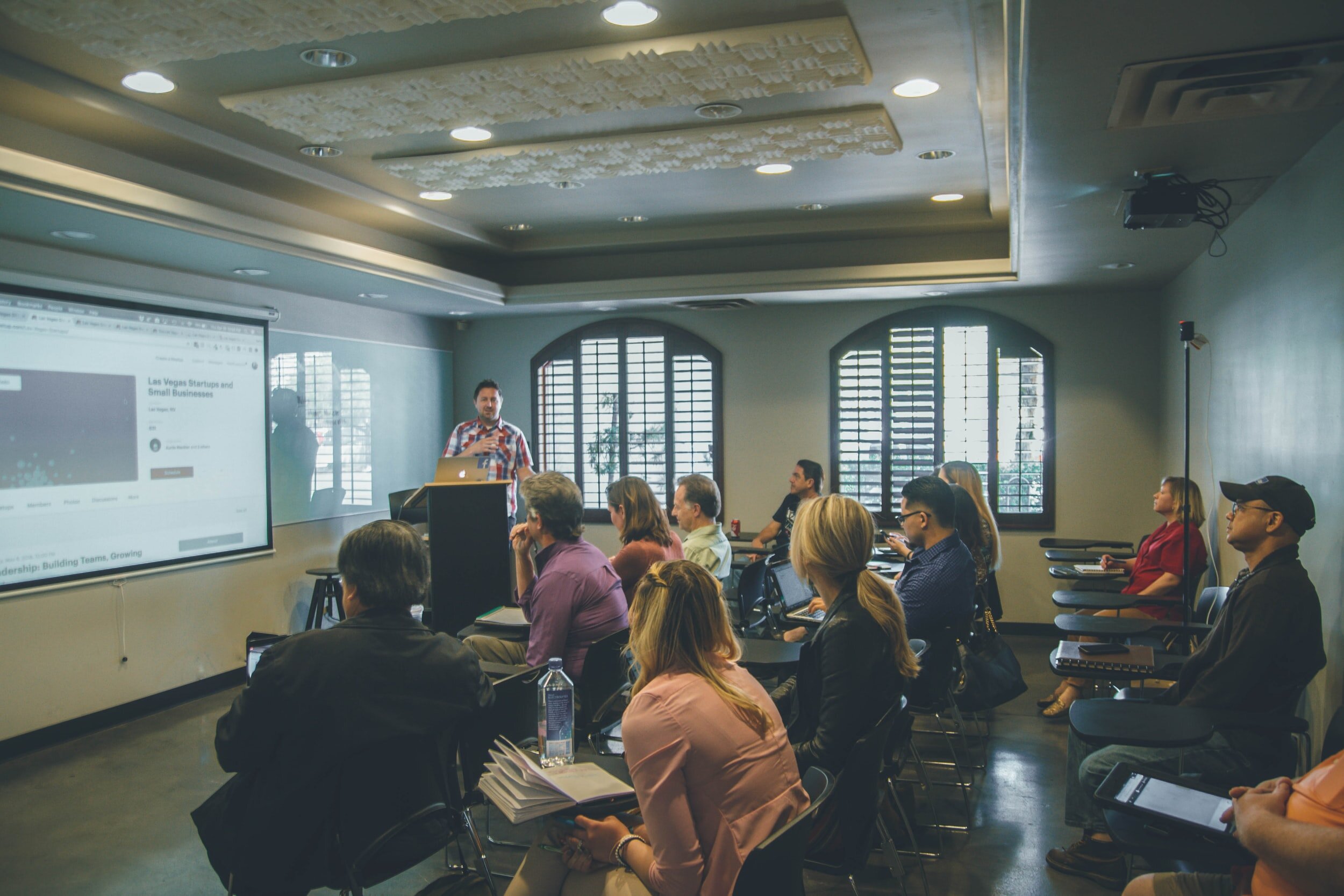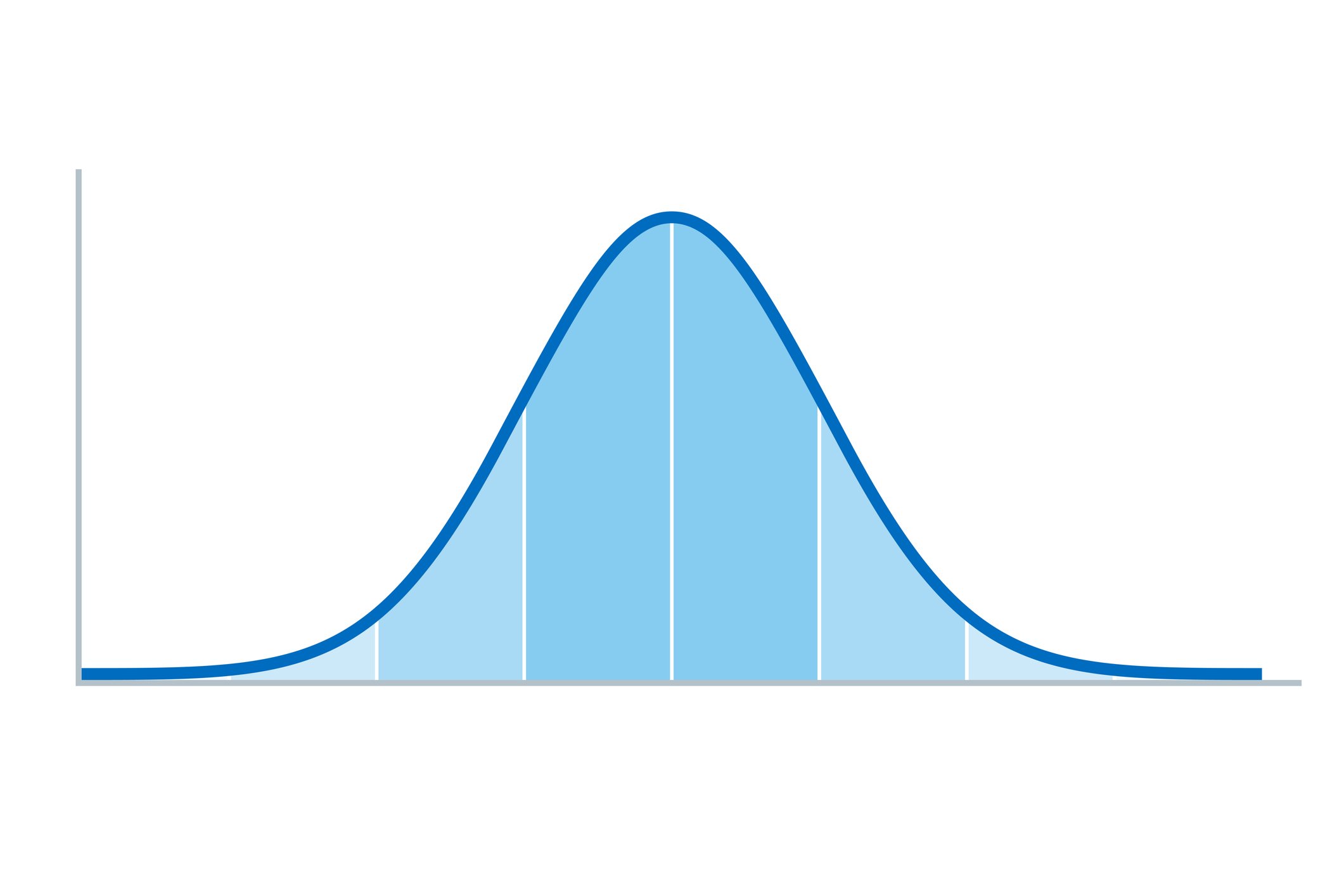Researchers collaborate to be PREPARED for the next global crisis
Given the difficulties that emerged with the global Covid pandemic, the European Commission funded the PREPARED project. The aim of the project is to develop an ethics and integrity framework to guide researchers working to prevent and address large-scale crises. Find meeting reports, recordings, and related posts.
Become a Productive Academic Writer
Get ready for #AcWriMo! Find a checklist that will help you overcome obstacles that keep you from making progress with academic writing.
Write Reflectively: Reflective Development
Writing is often a solitary activity. However, reflection with others is a key part of understanding how to develop and define ideas from text. Learn more in this post.
AcWriMo 2023: More than a Month!
In 2023 academic writers have more than the usual number of issues to contend with, so we will tackle writing, presenting, and disseminating research for three months! From October through December, find posts, interviews, curated collections of open-access resources, and webinars!
Analyzing Qualitative and/or Quantitative Data
The focus for Q3 of 2023 was on analyzing and interpreting qualitative and quantitative data. Find all the posts, interviews, and resources here!
What is randomness?
Dr. Stephen Gorard defines and explains randomness in a research context.
The power of prediction
Mentor in Residence Stephen Gorard explains how researchers can think about predicting results.
Part Two: Equity Approaches in Quantitative Analysis
The Career and Technical Education (CTE) Equity Framework approach draws high-level insights from this body of work to inform equity in data analysis that can apply to groups of people who may face systemic barriers to CTE participation. Learn more in this two-part post!
Part One: The Need for Equity Approaches in Quantitative Analysis
The Career and Technical Education (CTE) Equity Framework approach draws high-level insights from this body of work to inform equity in data analysis that can apply to groups of people who may face systemic barriers to CTE participation. This is part 2, find the link to part 1 and previous posts about the Equity Framework.
Teaching and learning quantitative research methods in the social sciences
Instructional tips for teaching quantitative data analysis.
How can we judge the trustworthiness of a research finding?
In an era of rampant misinformation and disinformation, what research can you trust? Dr. Stephen Gorard offers guidance!
Analysing complex qualitative data - a brief guide for undergraduate social science research
Learn how inductive and deductive styles of reasoning are used to interpret qualitative research findings.
Image as data: Automated visual content analysis for social science
Images contain information absent in text, and this extra information presents opportunities and challenges. It is an opportunity because one image can document variables with which text sources (newspaper articles, speeches or legislative documents) struggle or on datasets too large to feasibly code manually. Learn how to overcome the challenges.
What to do about missing data?
Tips for dealing with missing data from Dr. Stephen Gorard, author of How to Make Sense of Statistics.
How Standard is Standard Deviation?
Learn more about standard deviation from a paper and presentation from Dr. Stephen Gorard.
Mapping Data with Situational Analysis
Situational analysis invites researchers to explore relationships and patterns in the data by creating visual maps as part of the analytic process. Co-authors of the book on this analytic method presented a webinar - view it here.
Video Data Analysis: How 21st century video data reshapes social science research
Video capture is ubiquitous. What does it mean for researchers, and how can we analyze such data?
Qual Data Analysis & Phenomenology
Qualitative data analysis varies by methodology. Learn about approaches for phenomenological studies through this collection of open access articles.
Qual Data Analysis & Narrative Research
Learn about qualitative data analysis approaches for narrative and diary research in these open access articles.



















